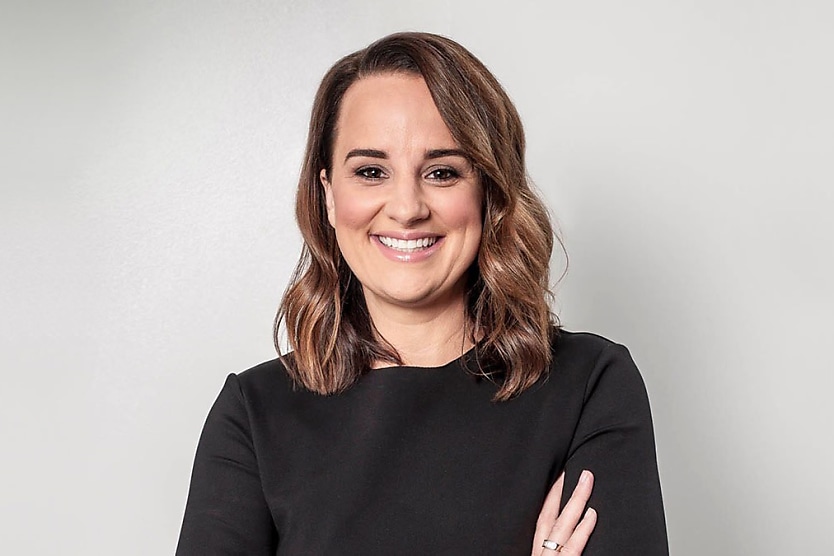Efficiency impactors: 4 trends are expected to hit workplaces hard
SHARE THIS ARTICLE

Maintaining efficiency is one of the top considerations for an employer. However, there are a variety of internal and external factors that can influence this.
Changes to the economy will always play a role in swaying how workplaces operate. According to Maximus founder and joint managing director Vanessa Gavan, leaders must be prepared to deal with these changes.
With this in mind, here are the four shifts Ms Gavan expects to impact the future workforce:
1. “Skills shortages will cost the Australian economy ... productivity ... In the short term, the Australian government’s ‘Skills Needs Forecast’ predicts there will be an additional 1 million unfilled in Australia in the next one to three years, impacting industries that are already suffering skills shortages.”
“An aging population will also impact workforce participation. The number of people aged 65 and over is expected to double in 10 years, which means succession and operating models will be impacted across all sectors of the economy.”
2. “Younger generations are seeking different career paths. Over 72 per cent of Gen Zs are contemplating changing careers within the next 12 months and approx. We are seeing a surge of younger generations aspiring to be their own boss and opt out of a corporate career. The balance of talent coming into and exiting the workforce, therefore, needs to be carefully managed to ensure businesses have the right number of skilled workers in the short, medium and long term.”
3. “Technology and digital acceleration are changing the nature of jobs. While AI and automation will replace certain job functions, there is also a pressing need for increased cognitive skills demanding real-world problem-solving and interpersonal skills. Developing a digital mindset will be critical across all levels of leadership. In addition, ongoing advancements in technology and digitisation will require a new mindset to both understand and adopt the technology and then to apply the critical thinking needed to problem solve efficiently. This ‘digital mindset” shift will be required across all generations and in particular will require a different approach to leadership.”
4. “Decline in mentorship. [Fewer] Australian workers have a mentor, which is having a negative impact on organisational productivity, innovation, retention, employee engagement and wellbeing … The opportunity for organisations to double down on mentorship access will help sharpen integrational progress. Succession is intrinsically linked to mentorship, which needs to work in unity.”
Jack Campbell
Jack is the editor at HR Leader.

